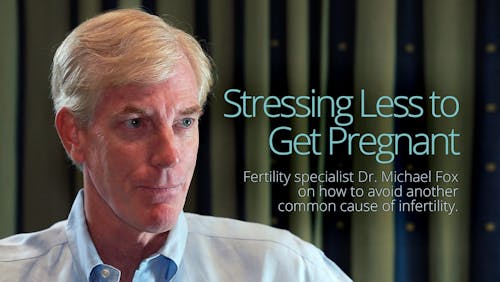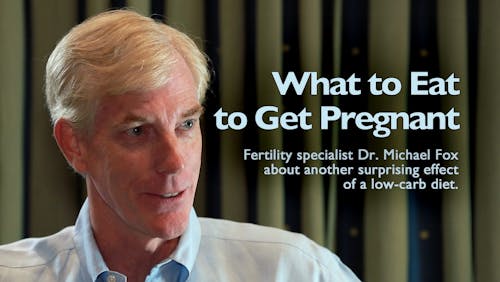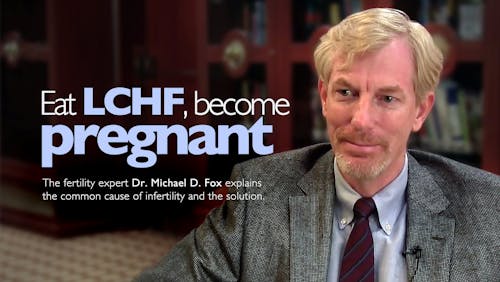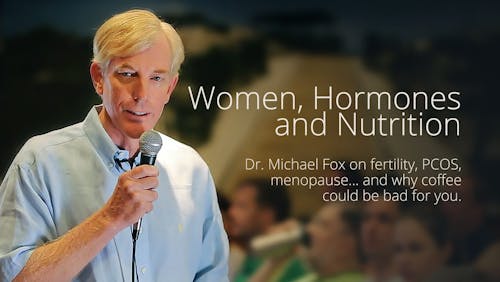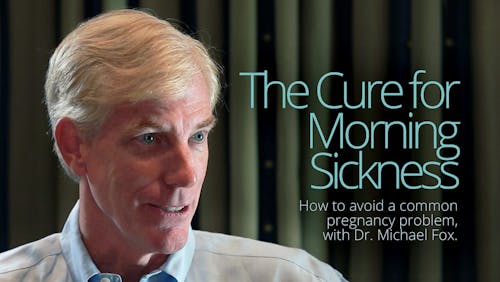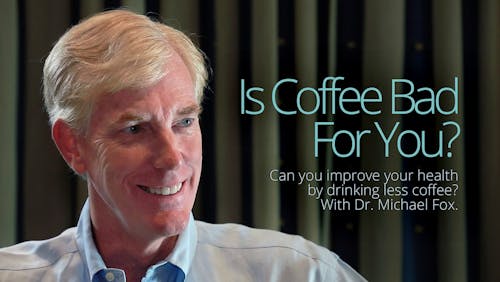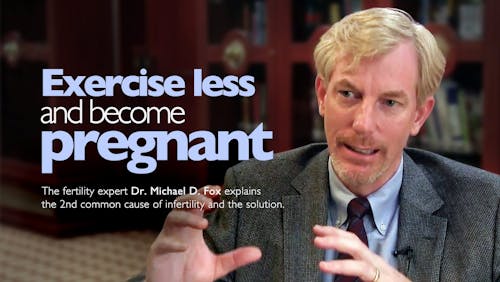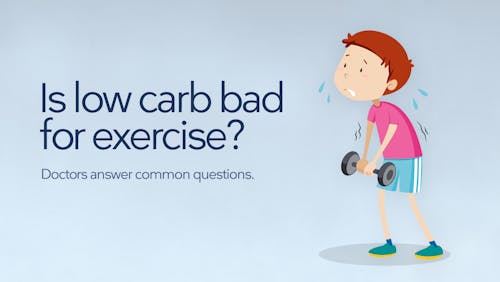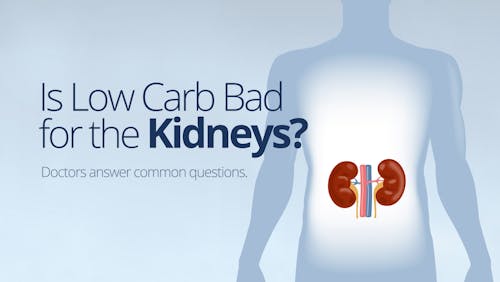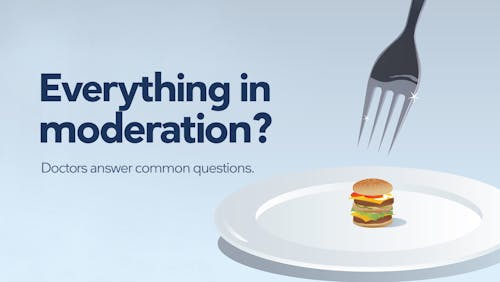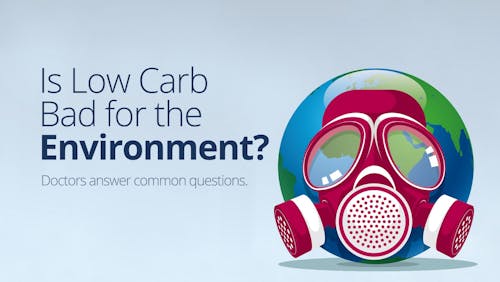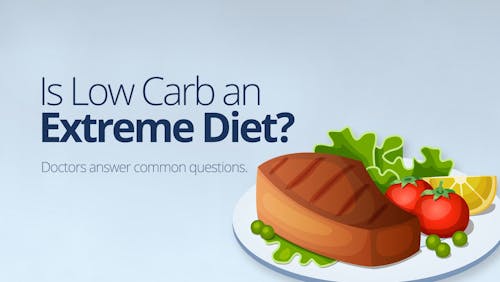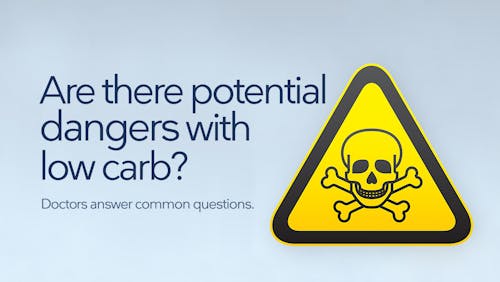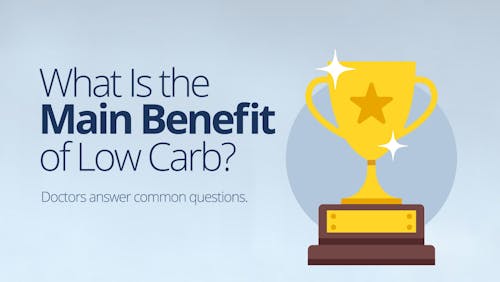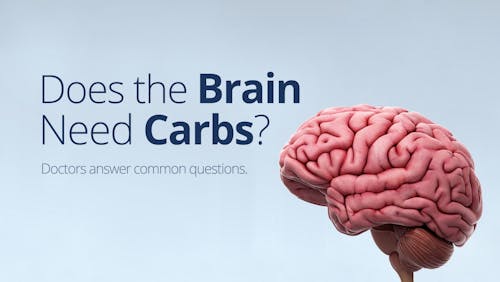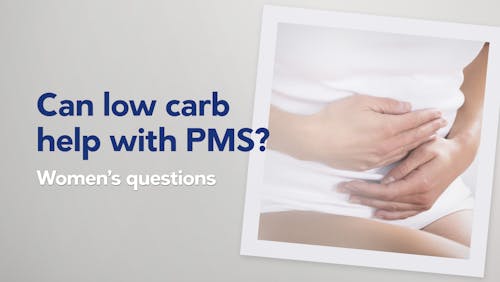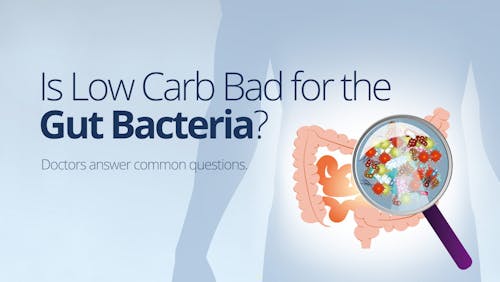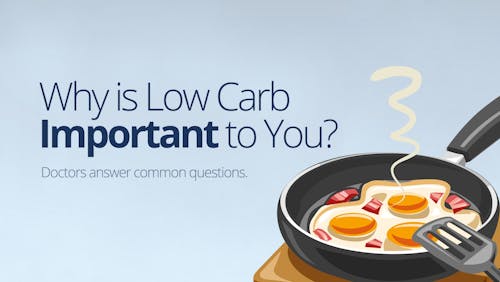Why is it harder to lose weight during the luteal phase?
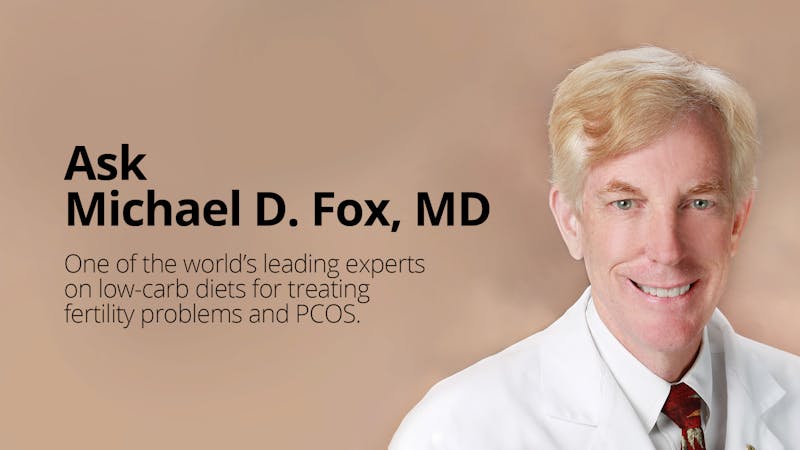
Why is it harder to lose weight during the luteal phase? Can you ease into the keto diet? And can hormone replacement therapy aid weight loss after menopause?
Get the answers to these questions in this week’s Q&A with fertility specialist Dr. Fox:
Why is it harder to lose weight during the luteal phase?
I have been eating a clean keto diet for quite a while, I’m calculating my daily intake of net carbs (and keeping them under 20-25 grams per day), proteins and fats and all goes well in the first 14 days of my menstrual cycle. I’m having trouble doing any kind of progress with weight loss in the second phase of my cycle.
I have no trouble doing intermittent fasting, even prolonged fasts combined with high-intensity training, in the first 14 days of the cycle. I have great energy and feel extremely productive.
Starting from day 15 until days 23-24, I experience a substantial decrease in energy. I become less and less productive, more incapable of working out (not to mention water retention, headaches, and sore breasts). Hunger starts becoming unbearable (to the point where I get stomach aches) and I feel the need to put butter in my coffee so I can make it until lunch.
I’ve tried seed cycling to regulate my hormones (which has helped a bit), I sometimes increase my carb intake to 30 grams of net grams per day, I also stop eating dairy and nuts during these times. Still, the cravings for sweet things and the fatigue are simply overwhelming.
I increased my magnesium and calcium intake, but my body just doesn’t seem to listen to me. And all goes back to normal on day 1 of my new cycle, when I feel energized and productive again.
I feel like I’m making progress only during half of the month. What else can I do to reduce these terrible symptoms?
Thank you!
Eliza
Dr. Fox:
Some great questions and observations.
There is no way for me to absolutely diagnose what is happening in your particular case. To analyze generally, it sounds like you are struggling with higher progesterone and lower estrogen levels. This begins somewhere in the mid 30’s or so as estrogen falls and luteal progesterone begins to rise significantly in response to increased brain stimulation of the ovaries.
In some cases, this can start during the late 20’s to early 30’s, especially in patients with endometriosis who are engaged in intensive exercise. The treatment is to increase estrogen and to deal with progesterone. The estrogen might be enough but sometimes it requires suppression of cycles to diminish the overall effect.
Good luck!
“Can I ease into the keto diet?”
I was diagnosed with PCOS after getting into a wreck in 2017, the doctor told me that I needed to stop eating carbs. I’ve tried a couple of the recipes on this site and they’re amazing, but I’m worried about the side effects some experience when they begin the diet.
After the wreck, I also had issues with my body temperature, bad enough to where I nearly burned my husband when I got sick with a flu-like virus around the end of 2018.
Can that get worse with the keto diet if I just dive right into it, or do the symptoms go away fast enough to not effect that or my ability to work?
Stephanie
Dr. Fox:
You can ease in if you want to but you’ll invariably experience some difficulty when you finally go to zero. The overall symptoms will not be that great and if you are prepared, you will do fine just going cold turkey. It’s the best way to get going quickly. Here is a great guide to help you avoid or minimize common side effects.
Easing in really in our experience just allows people excuses and delays the process considerably. You should be able to work without limitation during the withdrawal period that might last up to 7 days.
Good luck! You’re making the correct decision to move into this nutritional approach.
Can HRT aid weight loss after menopause?
Hi!
I’m 59 years old and am struggling to lose weight since coming off hormone replacement therapy. Would going back on it aid my weight loss efforts? I am following a keto diet.
Chris
Dr. Fox:
Yes, definitely. When your estrogen is low, your insulin resistance is significantly worse, resulting in difficulties with weight loss and overall metabolic health.
Here is a guide you may find helpful for 10 top tips to losing weight for women after 40 years of age.
Best of luck!
